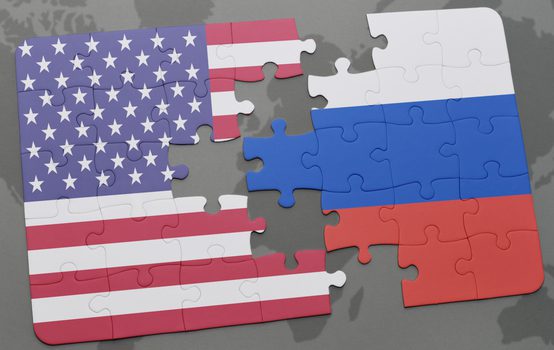A Missed Opportunity on New START

Nikolas Gvosdev offers a characteristically sober and insightful analysis of the Helsinki summit:
The relatively anodyne statements about increasing dialogue across a range of strategic issues facing both countries do not represent a substantive, comprehensive agenda for the U.S.-Russia relationship—and Trump lacks the political capital to be able to undertake any dramatic shift. There should be no doubt in the Kremlin on this point after Helsinki. If we were, however, to put to one side the election interference question, did Trump make any major concessions to Russia, at least those that might justify the accusations of treason that are being bandied about?
Gvosdev’s answer is no, and he is correct. Trump’s performance at the press conference was an embarrassment, but nothing was conceded and nothing was gained. It was little more than another photo op summit, but in this case it was a politically very damaging one for the president.
The Trump administration’s actions have not been accommodating to Russia overall or on any particular issue. The president talks vaguely about “getting along with” Moscow, but this never translates into changing any of the policies that have caused friction and disagreement. Trump mentions the poor state of relations with Russia, but he doesn’t address any of the causes of their deterioration. This leaves us with a weird worst-of-both-worlds situation where Trump is perceived too be too accommodating to Moscow at the same time that he and his administration do as little as possible to cooperate with Russia on anything.
The failure to extend New START is a case in point. It would cost Trump nothing politically, it would have broad support at home, and it would help stabilize the relationship with Russia. If Trump supported extending the treaty, he would encounter little opposition except perhaps from his party’s own hawks, and he would be credited with doing something responsible and constructive for a change. The Russian government has signaled its interest in extending the treaty, but the president doesn’t have anything to say about it. That is a shame and a wasted opportunity. Failure to extend the treaty will leave both countries worse off, and once the treaty expires it is difficult to imagine another one taking its place anytime soon.
Gvosdev concludes:
But re-establishing and sustaining Russian-American dialogue on a variety of questions related to maintaining strategic stability makes sense. The question is whether the Helsinki summit gives enough top cover for lower-level Russian and American officials to engage in dialogue and discussion. My initial sense is that it does not—and that U.S.-Russia relations will remain frozen for the foreseeable future.
Unfortunately, Gvosdev is right about this, too. The U.S., Russia, and our allies would all benefit from a thaw in the relationship, but it will be years before that can happen.